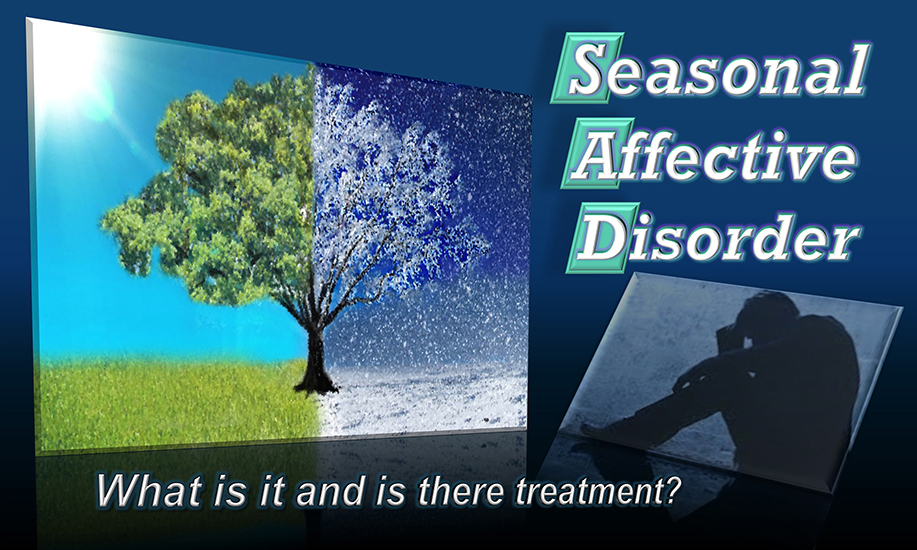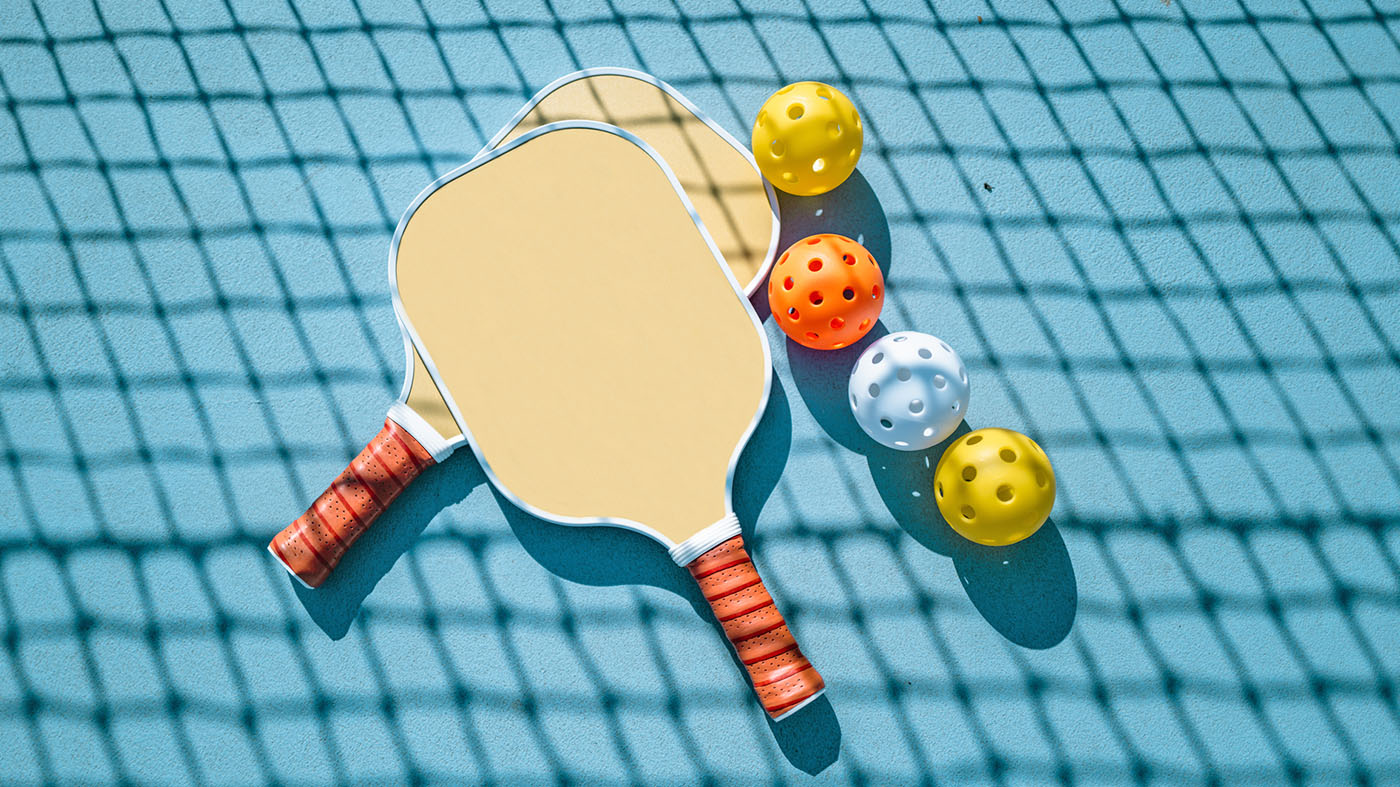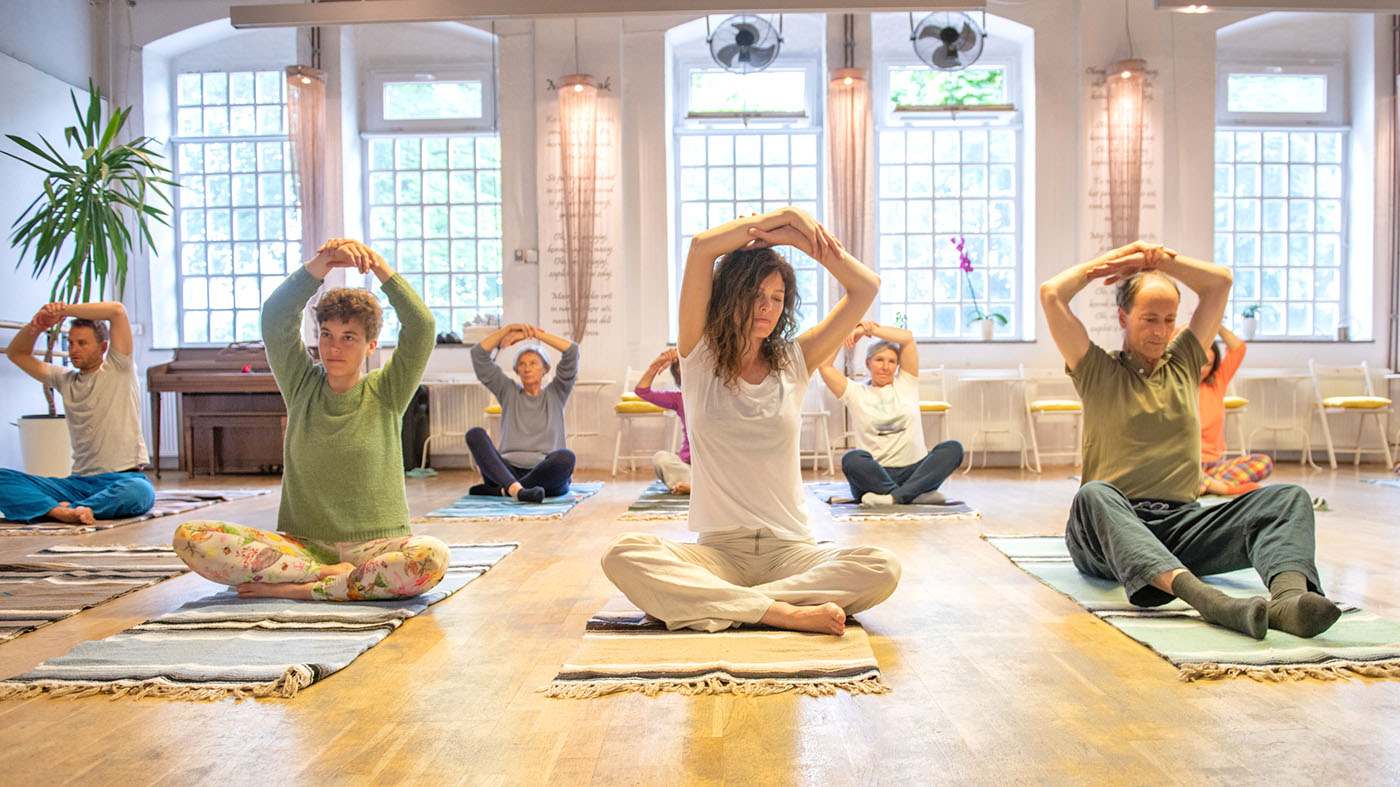What is seasonal affective Disorder (SAD)?
Seasonal Affective Disorder is a condition associated with feeling sad or blue during certain times of the year. It is a disorder that triggers symptoms of depression, most commonly in the fall or winter. In the fall and winter there is less sunlight, hence it is sometimes called winter depression.
Psychiatrists and other mental health clinicians diagnose depression by documenting low or sad mood, irritability, feeling of guilt or shame, problems with sleep, poor concentration or attention (memory problems), low energy or motivation, poor appetite and thoughts off self-harm.
SAD can mimic other medical conditions, such as anemia, hypothyroidism, diabetes, infections. Hence a medical work up may be needed–including levels of some vitamins, like vitamin D.
You may have SAD if in the last 2 years, you feel depressed in this season and normal during rest of the year. You may also have SAD if your depression for which you are being treated gets worse in this season.
Your symptoms will get better on their own when a new season arrives, often in spring or summer. But treatment can make you feel better sooner.

If you suffer from Seasonal Affective Disorder call the Veterans Crisis Line at 1-800-273-8255 and Press 1, text to 838255, or chat online 24/7/365. Free, confidential support for Veterans in crisis and their families and friends. (U.S. Department of Veterans Affairs graphic/Luis Loza Gutierrez)
Is there treatment?
Light therapy, also called phototherapy, generally works well for SAD. You need to sit in front of a box or lamp that gives out up to 10,000 lux of fluorescent light—more than 20 times brighter than most indoor light. Researchers think that light helps your brain make more serotonin, a neurotransmitter that affects your mood. You’ll sit 12-18 inches in front of the light for 30 minutes or more a day, 3 times per week at least. The light must shine on your back or chest. You can read a book to pass the time. Do not stare at the light. You will feel better after 1- 2 weeks.
You may also want to see a medical provider to consider taking medications to increase serotonin levels. Your doctor may also recommend talk therapy such as cognitive behavioral therapy. You will learn behavioral skills to do pleasurable things during the winter, notice and change negative thoughts or manage stress.
In conclusion, it is important to consider all type of treatment. Get more sun, stay active, get to a brighter place and work toward sleeping the right amount of time.
Consider talking to a professional to identify ways of coping with SAD. EAP counselors are available to guide you during this time. Do not feel frightened to talk about your problems. They are there to help you.
For more information about Seasonal Affective Disorder visit the National Institute of Mental Health by clicking on the link below:
https://www.nimh.nih.gov/health/topics/seasonal-affective-disorder/index.shtm
Author: Dr. Esteban A. Gonzalez is a board-certified psychiatrist with more than 30 years of experience, and is a fellow of the American Psychiatric Association. He works as the Behavioral Health Integration Program (BHIP) psychiatrist at the VA’s McAllen Outpatient Clinic, part of the Texas Valley Coastal Bend Health Care System.
Topics in this story
More Stories
Air Force Veteran Shireta Jones overcomes obstacles with support from VA and adaptive devices to continue her passion for pickleball.
Pittsburgh VA and its partners practice relocating hospitalized patients during disasters and public health emergencies.
VA and Veterans Yoga Project are working together to make more Veterans aware of the benefits of yoga while offering more classes.







Thank-you!
Can u get a upgrade to your va check every month for SAD
In early December. 2017, I was feeling the effects of SAD more than usual, a condition and stress exacerbated by having my 2-year-old great-grandson living with us. He’s the one pictured under “Terrible Two’s, a rowdy lad indeed. Since I’m 40 miles from the nearest VA clinic, I visited my “hometown” doctor who recommended that I try a mild anti-depressant, something I’ve never done before. He wrote a script which I had faxed to the VA Clinic where I have scripts filled. Several days later, having heard nothing, I made the trip and visited the clinic and was told that my VA doctor would have to be the one to write the script and since I had an appointment within a month anyway, to wait until then and he would take care of it. To say the least I was unhappy/agitated by this but saw no alternative. A month passed, I made my appointment only to be told that if I wanted the meds that I had to be interviewed by a psychiatrist and an appointment would have to be made at a later date. Since I have been feeling better and since I don’t trust any interview with a psychiatrist, for any reason, not to be used to limit my Second Amendment rights now or in the future, should a certain political party regain the Presidency or control of the Government, I passed on this. I would appreciate information as to how to build/buy a box or light of the type mentioned.
It was up uplifting to read the varied articles relating to Vets and their physical and mental well being. The site reflects a good deal of effort by many in making this site in depth in scope.
My daughter trains service dogs and the prisoners consider it a badge of honor to work and train with them. Light deprivation article is especially interesting and informative considering I live in overcast Northeast Ohio. Of the 5 types of depression lack of light is a very real problem.
Keep up the good work, it is much appreciated
Thank you for improving our family’s and care